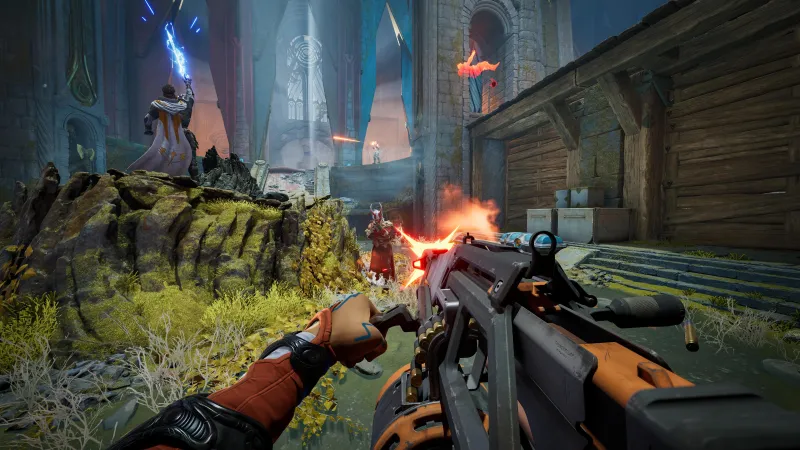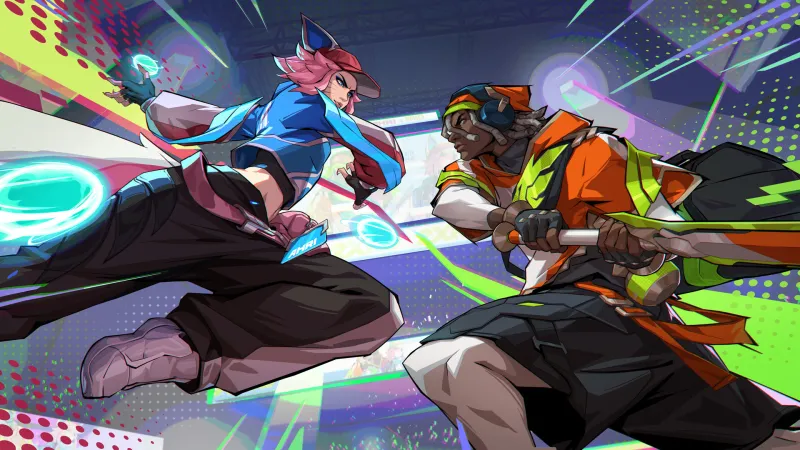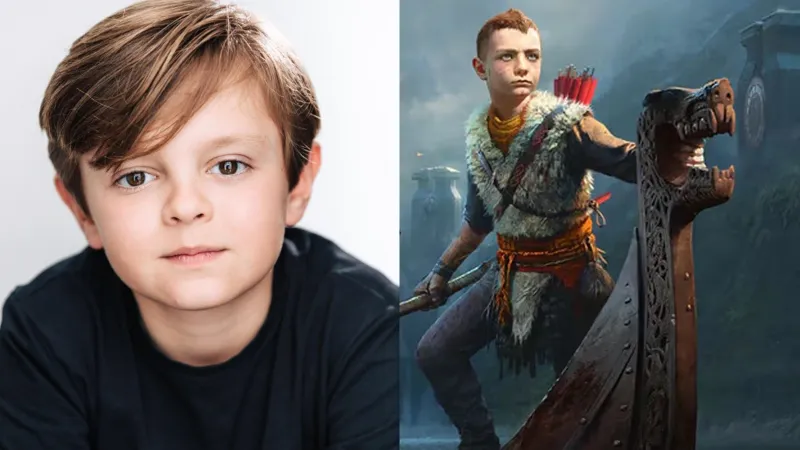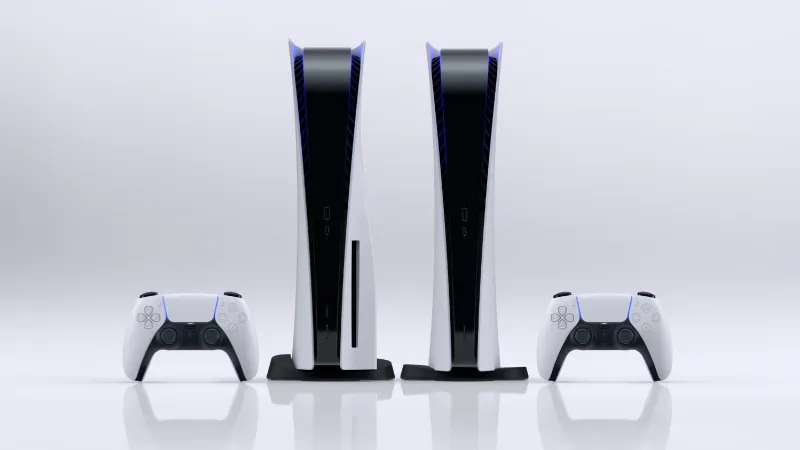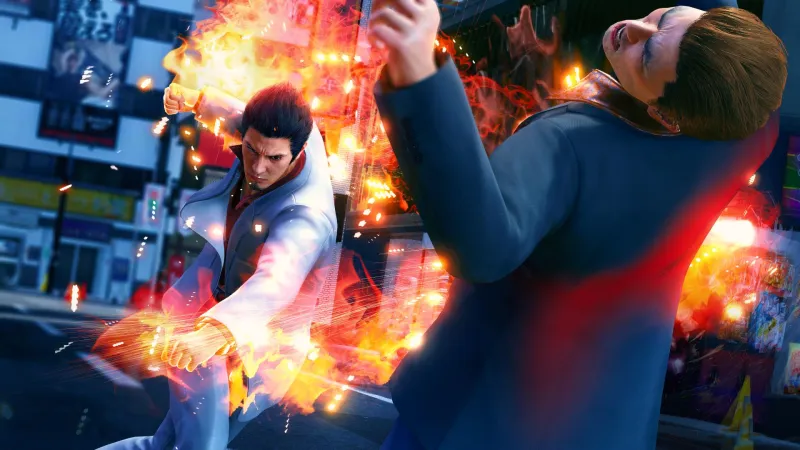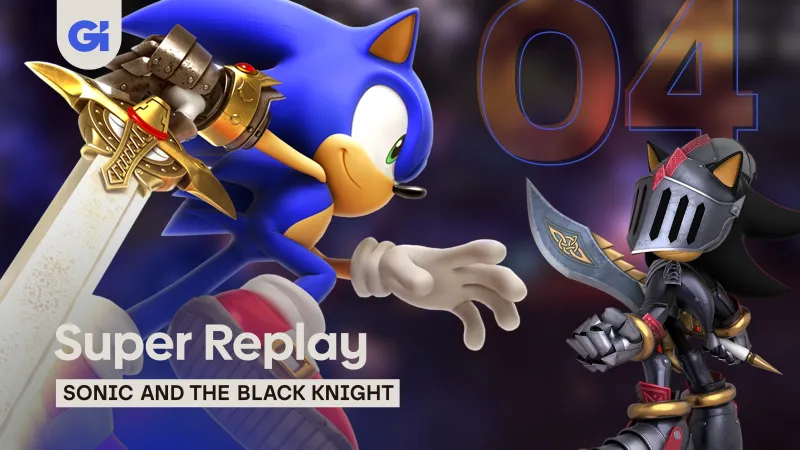When Final Fantasy VII launched on PlayStation in 1997, it revolutionized the RPG genre and gaming as a whole. The transition from pixel art to fully animated computer graphics was a massive enough leap ahead, but the beauty of this classic title was much more than skin deep. Final Fantasy VII features an incredible cast of characters, an outstanding battle system, and a story that evokes joy, awe, anger, and grief. Final Fantasy VII is well-established as one of the most iconic and beloved video games of all time, but for Square Enix, the legacy is somewhat more important.
For the team behind the Final Fantasy franchise, Final Fantasy VII was the entry that made the developers realize they needed to adapt to the times. “Even within the mainline Final Fantasy titles as a series, we can consider Final Fantasy VII to be this sort of midpoint title that’s in the middle of it all,” Tetsuya Nomura, who was a character designer and visual director on Final Fantasy VII, says. “Up to Final Fantasy VI, it was created in a certain way, and then from VIII, there was a brand new way of approaching development, whereas VII sort of sits between those two titles as a sort of mixed-element title.”
The way Nomura and the team describe it, the development of Final Fantasy VII sounds chaotic, sometimes in a fly-by-the-seat-of-your-pants way. “[Final Fantasy] VI included a lot of elements that each department on their own, just on a whim, wanted to include, so they just included it, while VIII is much more calculated and strategized,” Nomura says. “VII is a mix of that, where it’s both calculated and kind of an at-a-whim type of development. If we made games like this the way we did when we were creating the original VII, we would be in a lot of trouble right now. Times have really changed. Beyond VII is the point where I’d say times have changed. It’s the last of the titles where we were able to do things that way.”
Nomura recalls coming into the office, sometimes not knowing what to expect. “There were scripts and then suddenly things that are not even in the script that the character is now saying in the game that we’ve never even heard of,” he says. “Some departments just wanted to include the character saying these things. It was that kind of world then.”
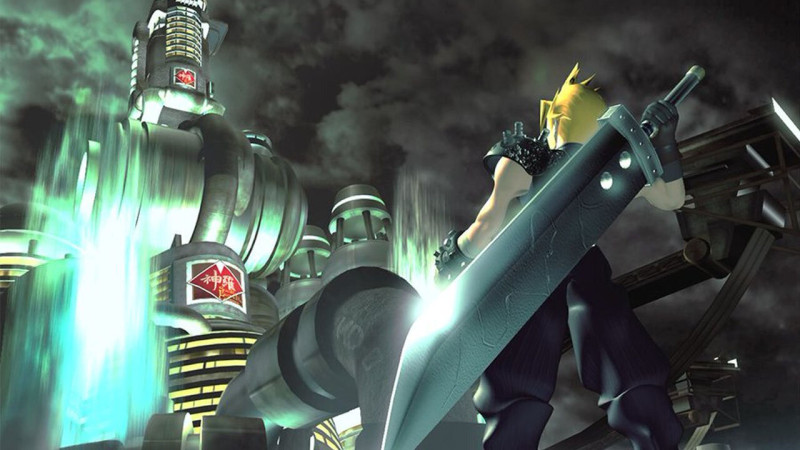
Thankfully, director Yoshinori Kitase worked closely with writer Kazushige Nojima to ensure everything made sense in the story, even with the myriad changes implemented by the sometimes-disparate departments. “There were teams working on each character and the things that they say in the storyline, but then overall, Nojima-san was the final reviewer,” Kitase says. “That’s bringing the whole storyline together. That practice was carried on for future titles to have that cohesion. But besides that, it was sort of an ‘anything goes’ type of world then.”
After a long development cycle of sometimes being surprised by their own game, the members of Square Enix knew it had to make a change. “After we had finished working on VII, we thought to ourselves, ‘We can’t go on making games in this way,'” Nomura recalls.
Beginning with Final Fantasy VIII, the team moved toward that more calculated development Nomura and the team decided it needed. No longer could separate departments sneak in content they wanted to see without first getting approval from the wider group. The team continued using the technique Kitase and Nojima implemented in Final Fantasy VII’s development to ensure narrative and thematic cohesiveness. Square Enix even carried forward the process it used to create Final Fantasy VII’s minigames, where individual development team members are assigned to specific minigames as “representatives” to work with an engineer to implement the minigame.
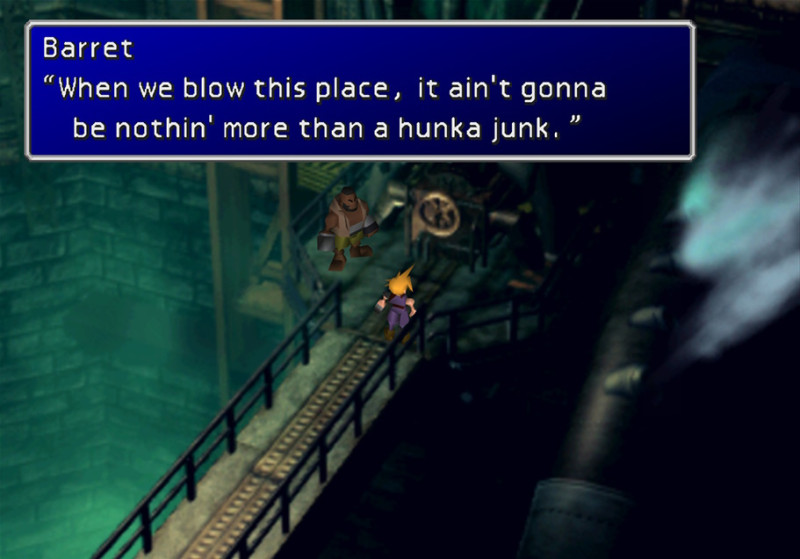
Even Naoki Hamaguchi, who joined Square Enix in 2003, notices the difference between how Final Fantasy development has worked during his time at the company in contrast to what Kitase and Nomura describe. “Nowadays, we have localized voice check and stuff like that,” Hamaguchi says. “You can’t just get away with doing those things today.”
But even beyond the way the game affected development, Final Fantasy VII has a lot to say. Its story’s themes concerning corporate greed, environmentalism, and mental health are all perhaps more relevant today than in 1997. Though the developers didn’t intentionally reference specific real-world social issues, they acknowledge how relevant those themes are today.
“In Final Fantasy VII, we were able to depict these types of issues, like the cycle of life, through the concept of Lifestream,” Final Fantasy VII director Yoshinori Kitase says. “If we were to depict it exactly as we experience it in the real world, it would not be very interesting. With Nojima-san’s ideas, we were able to have this centered on Lifestream and the planet within the worldview of Final Fantasy VII. In this way, I believe the game and its themes remain relevant and withstand the test of time.”
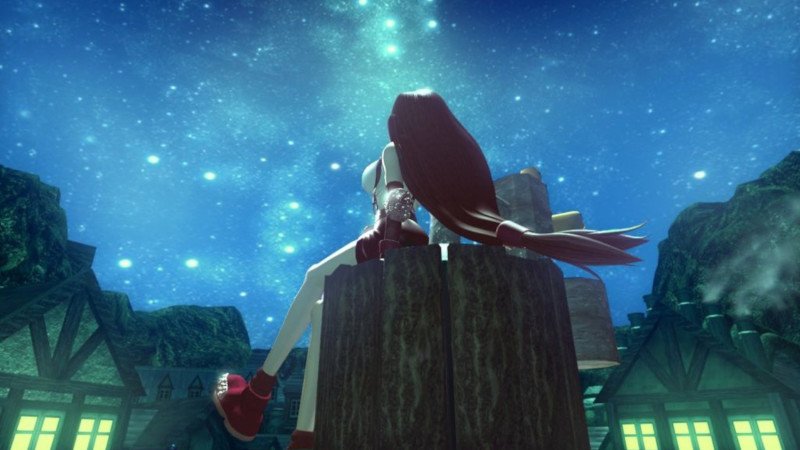
Though he feels the themes of Final Fantasy VII are still important today, he does have some regrets regarding the team’s approach to those issues in 1997. “Considering the way to depict social problems, social issues, and cultural depictions, in some ways, I am a bit embarrassed by the original title,” Kitase says. “In its expression, in some ways, it was very young and naive in itself. That is a learning for us, but at the same time, I do believe that perhaps that is one of the reasons why it was so widely accepted. It’s not perfect, and it’s kind of uneven and jagged in its young and naive nature of its depiction. Of course, after [more than] 25 years, there is a lot of personal learning, changes, and growth. But looking back on it, some parts of it, I am a bit embarrassed.”
But from the perspective of Motomu Toriyama, who was an event planner on Final Fantasy VII, the team did everything it could in its approach to the original game, and therefore, he doesn’t have any regrets. “At any given era or time, we always strive to put our best foot forward, and we had utilized the best game specs at any given time, whether it had to be the original or today,” he says. “So, even with the original Final Fantasy VII title, there were no regrets or feelings that there was more that we wanted to do or something I had regretted not doing; we truly put in our best efforts.”
Announced in 2015, Final Fantasy VII is now the subject of a trilogy of remakes. The first entry, Final Fantasy VII Remake, launched in 2020 to critical acclaim. The next entry, Final Fantasy VII Rebirth, the cover star of Game Informer‘s most recent issue, arrives on PlayStation 5 on February 29. Head to our exclusive coverage hub through the banner below for more on Rebirth.




